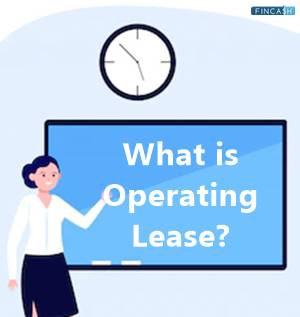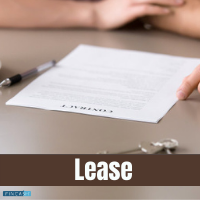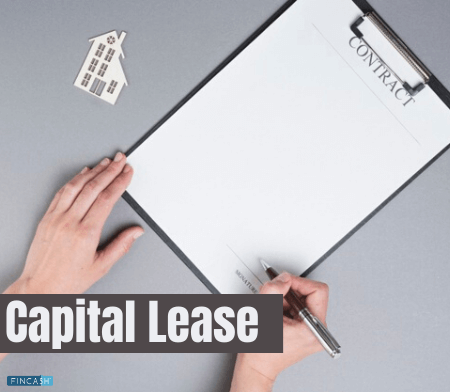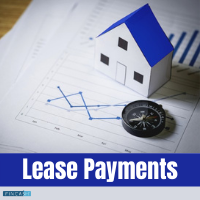What is Operating Lease?
An operating Lease refers to a contract that permits the use of an asset without transferring ownership of the asset. A leased asset and its accompanying liabilities (for example, future rent payments) are not recorded on a company's Balance Sheet.
How do they Work?
The lease must meet specific standards to be classified as an Operating Lease and avoid being categorised as a Capital lease. Companies have to apply the 'bright line' test to determine whether rental arrangements should be classified as operating or capital leases.

Real Estate, aircraft, and equipment with extended useful lives—such as automobiles, office equipment, and Industry-specific machinery—are typically rented under operating leases.
Operating Lease Liabilities
Operating lease liabilities are the obligations of a person to pay rent or other sums under any operating lease. The number of such liabilities shall be the amount set down on such Person's balance sheet.
Talk to our investment specialist
Operating Lease vs Capital Lease
An operating lease differs from a Capital Lease in that it must be accounted for differently. The lessee has no risk of ownership with an operating lease, but they cannot claim Depreciation for tax purposes.
Companies must treat leases as capital leases if:
- The lessee receives ownership at the end of the lease
- The lease includes a bargain purchase option
- The lease life exceeds 75% of the asset's Economic Life
- The present value (PV) of the Lease Payments exceeds 90% of the Fair Market Value of the asset
If none of the specified conditions is met, the lease must be considered an operational lease. There are a few other requirements for a lease to be classified as a capital lease:
- The leased assets are specialised so that only the lessee can use them without making significant changes
- The lessee is deemed an owner under a capital lease and can deduct depreciation or interest expense for tax purposes
Operating Lease vs Finance Lease
In a financial lease, the risk and reward are proportional to the amount of ownership transferred to the lessee. The sole legal operator of assets is the lessor. However, in an operating lease, the lessee is merely given the right to utilise an asset for a certain period. In the case of operating, the risk and reward that come with ownership belong entirely to the lessor. As far as the financial lease is concerned, the lessee is the one who bears the risk of obsolescence. Furthermore, in the event of an operational lease, the lessor assumes the risk of obsolescence.
Another distinction is the risk cancellation; neither party has the option to cancel the financial lease. The lessor can release the asset to another lessee in an operating lease. Hence, the lease is retained and cancellable by the lessor in an operational lease. The lessor is merely a financier in a financial lease and does not bear any repair or maintenance costs. However, in the case of the operational lease, the lessor is responsible for the operating or maintenance costs. The payout is equal to the asset's price plus any interest generated. The lessor will pay the full payment in a financial lease. However, the lessor will not pay any payout in an operating lease because they will release the same asset to other interested parties.
Example of an Operating Lease
A printing press, Horizon, needs more printing machines to develop its operations. Assume that a printing machine costs Rs. 450,000 on the Market and that a company needs at least two machines for expansion and completing the delivery. Since this management is not willing to invest in the capital at this time due to the market's unpredictability, they opt to lease this equipment for Rs.400 per month. So, their total monthly cost for both devices would be Rs.800. As a result, such a tool assists firms in making calculated judgments to achieve corporate success while avoiding risk. Firms can purchase the asset after experiencing the market.
Conclusion
The operating lease is a short-term lease that supplies equipment. This lease may be considered by a company that does not require any machines or assets for an extended period. Companies choose operational leases to replace their assets, especially when the industry changes. This lease can be used when a company does not have any financial aid but wants to operate normally.
All efforts have been made to ensure the information provided here is accurate. However, no guarantees are made regarding correctness of data. Please verify with scheme information document before making any investment.












